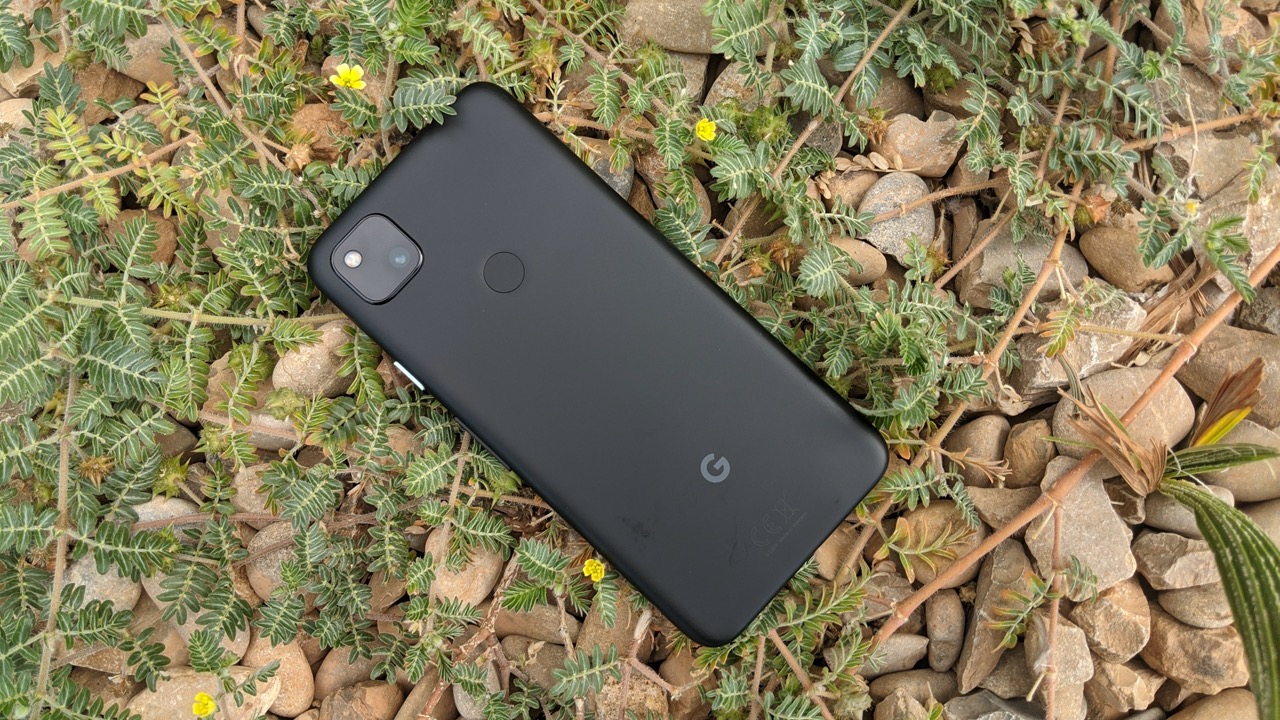


![]()
Google’s hardware devices may not be the most popular in Spain, but they still have great importance within the company itself. In addition to the Pixel phones where we can test the latest Android, the Nest range is a great starting point for the Google home ecosystem.
Despite the fact that in terms of quality there is still a lot of work to keep up with rivals such as the iPhone or Amazon Echo, the big G is willing to improve not only in technology, but also in sustainability. And its commitment appears to be much greater than removing a simple charger.
In the last ten years, the growth of the smartphone market has grown exponentially, and although it seems that the figures are beginning to stabilize, every year hundreds of millions of mobiles are sold, devices that after a few years will end up becoming electronic waste.
The mobile industry must consider its foundations to be as sustainable as it can be, and although it does not seem to be a bet that all manufacturers are willing to go through, it seems that little by little the big ones are waking up.
Google has announced its sustainability plans for its hardware line made up of the Pixel and Nest. In Google’s plans, the
objective that they have proposed is to create 100% plastic-free and completely recyclable packaging, as well as the use of recycled materials for the manufacture of their devices. Similarly, Google’s plans also include using at least 50% recycled plastic in products that make use of said material.
The use of recycled materials is not a promise that will be raised for years to come, and it is that according to Google itself it confesses that its plans are on the right track. In the case of the Pixel 5, 100% of the chassis is made of recycled aluminum, while the Nest Audio speaker has 70% recycled plastic. The use of recycled materials is always a good sign, since it gives oxygen and the capacity to grow to the recycled materials industry, an industry in which it is convenient to invest.
Perhaps the most worrying thing about the Google announcement is that it is news or novelty, and although we do not have to make the wave to those of Mountain View, if we would like the rest of the industry to put the batteries in this same purpose and finish tripling efforts in this area.
The entry Google’s most ambitious project: making its Pixel and Nest completely sustainable appears first in The Free Android.
Exploring the Top 5 Voice AI Alternatives: What Sets Them Apart?
How iGaming Platforms Ensure Seamless Integration of Casino Games and Sports Betting?
The Rise of Spatial Computing: Evolution of Human-Computer Interaction
Data Loss on Windows? Here's How Windows Recovery Software Can Help
Integrating Widgets Seamlessly: Tips for Smooth Implementation and Functionality